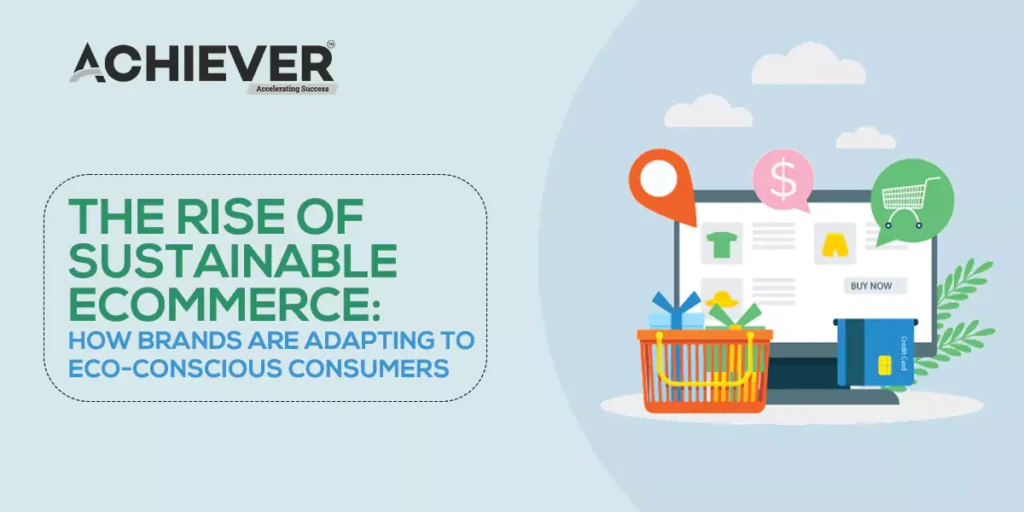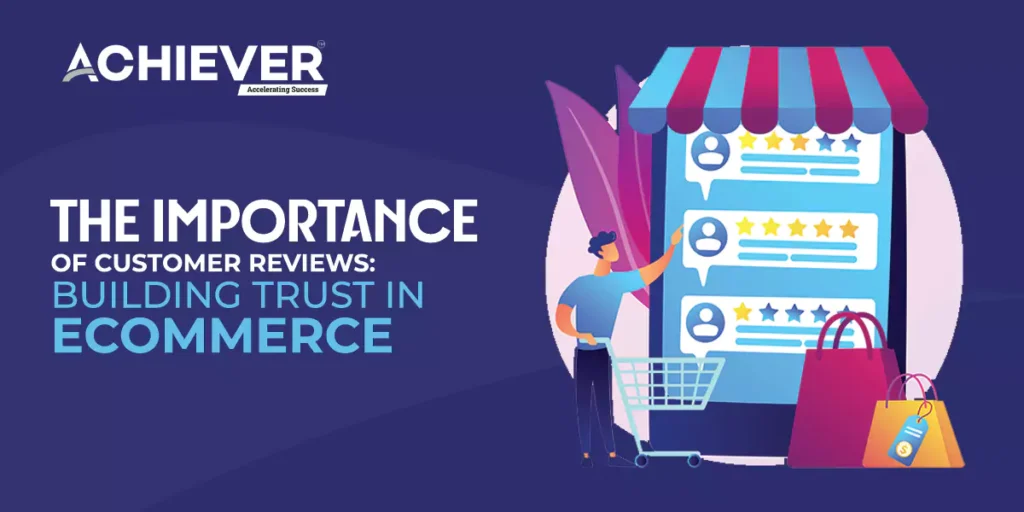In today’s digital landscape, sustainability has transitioned from a niche concern to a mainstream expectation. As awareness of environmental issues grows, consumers are increasingly gravitating toward businesses that align with their values. This shift is reshaping the eCommerce industry, compelling brands to adapt their practices to cater to eco-conscious consumers. From packaging innovations to supply chain transparency, the rise of sustainable eCommerce reflects the demand for greener options in a rapidly changing marketplace.
Understanding the Eco-Conscious Consumer
Eco-conscious consumers prioritize sustainability when making purchasing decisions. According to a Nielsen survey, 73% of global consumers say they would change their consumption habits to reduce their environmental footprint. These individuals look beyond the product itself, evaluating a brand’s entire operation, from sourcing materials to disposal options. Companies that can effectively demonstrate their commitment to sustainability not only attract this growing consumer base but also build stronger customer loyalty in the process.
Packaging and Shipping Innovations
One of the most visible changes in sustainable eCommerce is the shift toward eco-friendly packaging. Traditional packaging, often made from single-use plastics and non-recyclable materials, contributes significantly to environmental waste. In response, many eCommerce companies are exploring alternatives like biodegradable materials, recycled cardboard, and compostable mailers.
Brands such as Patagonia and Everlane are leading the way in reducing packaging waste. Patagonia utilizes 100% recycled and reusable shipping materials, while Everlane has eliminated 90% of plastic in its packaging. Additionally, companies like RePack offer reusable packaging solutions, allowing customers to return the packaging for reuse in future orders, thereby minimizing waste and the need for new production.
Sustainable shipping practices are also gaining traction, with carbon-neutral shipping becoming increasingly popular. Retailers like Allbirds and Shopify have implemented carbon offset programs to ensure that the environmental impact of shipping is minimized.
Ethical and Sustainable Supply Chains
Sustainable eCommerce extends to the entire supply chain, as eco-conscious consumers want to know where their products come from and how they are made. This demand has driven many brands to adopt more ethical and transparent supply chain practices.
Fashion retailers like Reformation and Veja exemplify this commitment to ethical production. Reformation sources sustainable fabrics and tracks the environmental impact of each garment, while Veja uses fair trade practices for sourcing rubber and organic cotton. By ensuring that their products are ethically made and sustainably sourced, these brands appeal to consumers who prioritize environmental and ethical considerations.
Many eCommerce platforms leverage technology to enhance transparency. For instance, blockchain is being used to create traceable supply chains, enabling consumers to track their products’ journey from raw materials to final sale. This transparency fosters trust and allows consumers to make informed purchasing decisions.
The Role of Circular Economy Models
Another significant trend in sustainable eCommerce is the adoption of circular economy models. Unlike traditional linear models—where products are made, used, and discarded—circular models focus on extending product lifecycles through repair, reuse, and recycling. This approach reduces waste and conserves valuable resources.
Retailers like ThredUp, an online thrift store, and The RealReal, a luxury consignment platform, are leading the charge in the circular economy. These platforms allow consumers to buy and sell pre-owned items, reducing the demand for new production and extending the lifespan of products. Subscription services like Rent the Runway and Loop further support this model, enabling customers to rent clothing or refill containers for everyday products, minimizing waste.
The Power of Consumer Education and Engagement
As brands pivot toward sustainability, consumer education and engagement become crucial. Many companies actively educate customers about the benefits of sustainable choices and the environmental impact of their purchases. By sharing their sustainability efforts, brands deepen relationships with customers and inspire loyalty.
Allbirds, for instance, includes a “carbon footprint” label on all its products, allowing consumers to see the environmental impact of each item. Similarly, beauty brand Lush is known for its packaging-free products and transparent ingredient sourcing, engaging its audience with campaigns that promote environmental responsibility.
Looking Forward: The Future of Sustainable eCommerce
The rise of sustainable eCommerce represents a fundamental shift in business operations. As more consumers demand environmentally responsible options, the pressure on brands to adapt will only increase. Companies that fail to embrace sustainability risk losing market share to more eco-conscious competitors.
Innovation will be key to the future of sustainable eCommerce. Advancements in biodegradable materials, AI-driven supply chain optimization, and technologies enhancing transparency will continue to shape the industry. Brands prioritizing eco-friendly practices will not only reduce their environmental impact but also position themselves as leaders in this rapidly evolving market.
In conclusion, as eco-conscious consumers become the norm, eCommerce brands must adapt to meet their expectations. Whether through sustainable packaging, ethical supply chains, circular economy models, or consumer education, the message is clear: sustainability is no longer optional—it’s essential.




